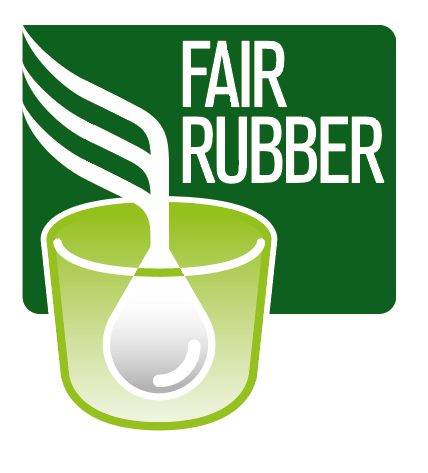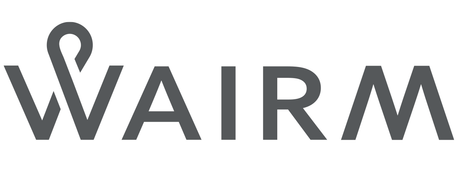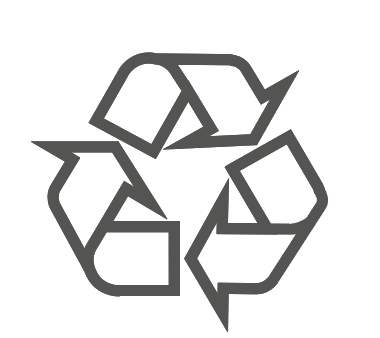Fair Rubber

Rubber is used in many common products, from car tyres to jar seals, wellington boots to surgical gloves. The process of tapping rubber trees to extract natural latex is incredibly labour intensive and has not changed much since the Hevea Brasiliensis tree was first discovered to contain rubber back in 1493 by Columbus himself.
Latex vessels are found in the bark and flow diagonally from the top right to the bottom left of the tree. Latex is extracted from the tree by making diagonal cuts around eight millimetres deep on the tree from top left to the bottom right. These incisions form a tapping channel which allows latex to flow down the tree while a tapping gutter drains the latex into a fixed cup or small bucket. It takes around six hours to extract around four litres from one tree.

Once a tree is tapped, it cannot be re-visited for another three days. So far, rubber tapping is still an industry in which most processes are carried out by humans. Workers are skilled in using sharp knives and work long hours outside in hot conditions.
We have been aware of Fair-Trade products such as coffee, sugar and chocolate for some time now and the logos of these organisations became the 'guarantors' for consumers that the Fair-Trade premium would actually reach the primary producers. Until the Fair Rubber Association was founded a decade ago, rubber was left out of any Fair-Trade associations.

The purpose of the Fair Rubber Association is to ensure that working and living conditions of the primary producers of natural rubber are improved. This is carried out in a number of ways including frequently auditing associated plantations to make sure that working and environmental conditions are of a high standard.
Wairm is proud to only use rubber which has been certified by the Fair Rubber Association. The primary producers - in our case the small-scale farmers and plantation workers - receive a premium paid by Wairm of 0.50 Euro for every kilogram of dry rubber content used in the manufacture of our hot water bottles. This is passed via the Fair Rubber Association onto the rubber producers without any deductions. The Fair-Trade premium may only be used for the improvement of the living and working conditions of the primary producers of natural rubber. These primary producers decide themselves how to use the premium.
To learn more about the Fair Rubber Association please visit fairrubber.org


